Corporate Social Responsibility Means Good Business
![alpnrock_logo_highres-e1367522531592[1]](https://playbookpublicrelations.com/wp-content/uploads/2013/05/alpnrock_logo_highres-e13675225315921.jpg) Playbook Public Relations client, Alp-n-Rock (ANR), a unique luxury clothing company, founded its business with a cornerstone of corporate social responsibility. Their idea was to give a percentage of the company’s profits to the non-profit organization Room to Read. ANR’s founder, Suzanne Reich, is passionate about educating girls on a global scale, as she understands educated women help break the poverty cycle in one generation, so she started the clothing line as a way to give back. What a powerful message this sends to the consumer!
Playbook Public Relations client, Alp-n-Rock (ANR), a unique luxury clothing company, founded its business with a cornerstone of corporate social responsibility. Their idea was to give a percentage of the company’s profits to the non-profit organization Room to Read. ANR’s founder, Suzanne Reich, is passionate about educating girls on a global scale, as she understands educated women help break the poverty cycle in one generation, so she started the clothing line as a way to give back. What a powerful message this sends to the consumer!
“You can actually make a lot of money and do a lot of good in the world,” says Peter Henry, Dean of NYU’s Stern School of Business. According to Dr. Henry, students who are enrolling in the prestigious business school are not just looking to be financially successful; they also want to impact the world in a positive way. As our economies become more global and we seethe interconnectedness of our world, this line of thinking is moving to the forefront.
Let’s take a look at Tom’s Shoes, another company benefiting from corporate social responsibility at its cornerstone. For every pair of shoes purchased, a pair is donated. The consumer naturally wants to support this mission. It feels good to them to be able to reach out and help in a way they may not be able to do on their own. And it also generates a lot of revenue for Tom’s. Would this company be as successful if they didn’t have such a strong corporate ethic to make a difference? Probably not.
The way consumers shop has evolved dramatically over the past decade. No longer do you have just one hardware store in town or only one strip of local shops to get goods from. Consumers have thousands of options. Adding corporate social responsibility to your business plan may be just what your business needs to get your employees and consumers excited about the products or services you offer.
For a growing number of consumers, big corporations are seen as villainous. Public and media awareness is laser focused on issues like: corporate greed, off-shore out-sourcing, and golden parachutes for corporate executives. Now when a business violates safe environmental and work-site policies, it is front page news.
Recently, Walmart was in the news for leaving their mulch in the parking lot too long causing the possibility of pesticides moving into a local water source, the Catawba River in North Carolina. A lawyer for Walmart said, “Annually, our stores give back millions of dollars within their local communities specifically for environmental issues.” And is correct.
Walmart has been the target of bad press (well-deserved) for years, but now the company is taking a leadership role in sustainable initiatives corporate social responsibility. Walmart demands that all of their vendors comply to EPA regulations, regardless of locality. This means that the vendor who supplies red folder you buy for your children’s school supplies, has to ensure every piece of their supply chain is practicing sustainable business practices, i.e. no toxic red dye and human rights violations from off-shore suppliers. Walmart is also committed to reducing packaging and waste to landfills by over 5% by the year 2013. Walmart’s initiative to reduce waste associated with packaging is unprecedented. They also have led the way utilizing innovative energy saving initiatives such as using renewable resources and LED lighting. Walmart knows helping our planet also helps their bottom line. It also keeps the customers coming in.
If you had a choice, shop at Superman’s store or Lex Luther’s, what would it be? Take it even deeper: who would you rather have a conversation with? Because that’s what marketing essentially is – a conversation.
Business owners need to consider implementing a “corporate social responsibility” into their business models. Being authentic is essential, pick a cause that you and your employees feel strongly about. Small to medium sized companies like ANR to giant corporations like Target can rally behind the same cause. Both companies feel strongly about supporting education. Let’s emphasize those key words, “FEEL STRONGLY.” Authenticity is imperative otherwise your consumers will feel, and the positive impact will be lost.
Social media sites, like Facebook, Twitter and LinkedIn provide an outlet for your business to engage in conversation with your customers in a way that was not possible before. It is a great and free venue for sharing your companies green initiatives and corporate social responsibility policies. Start sharing all the ways your company positively contributes to your employees and the communities it serves. Start marketing that good feeling and inspire others to do the same. The days of a rather hip slogan are passé.

